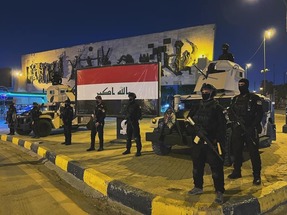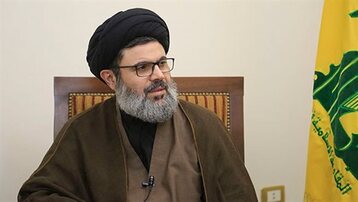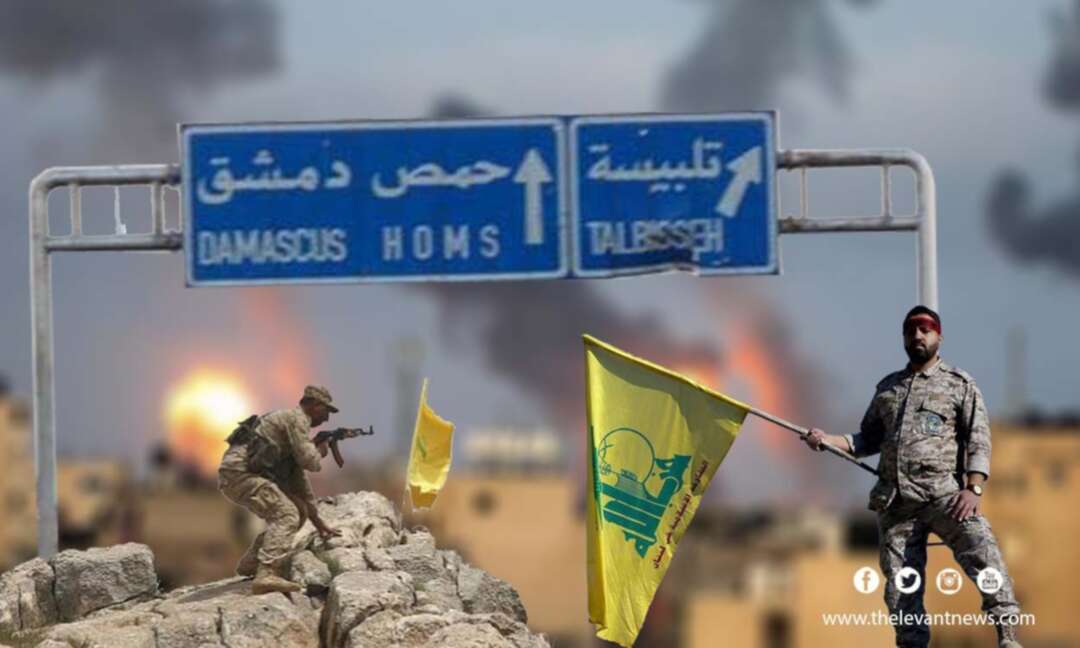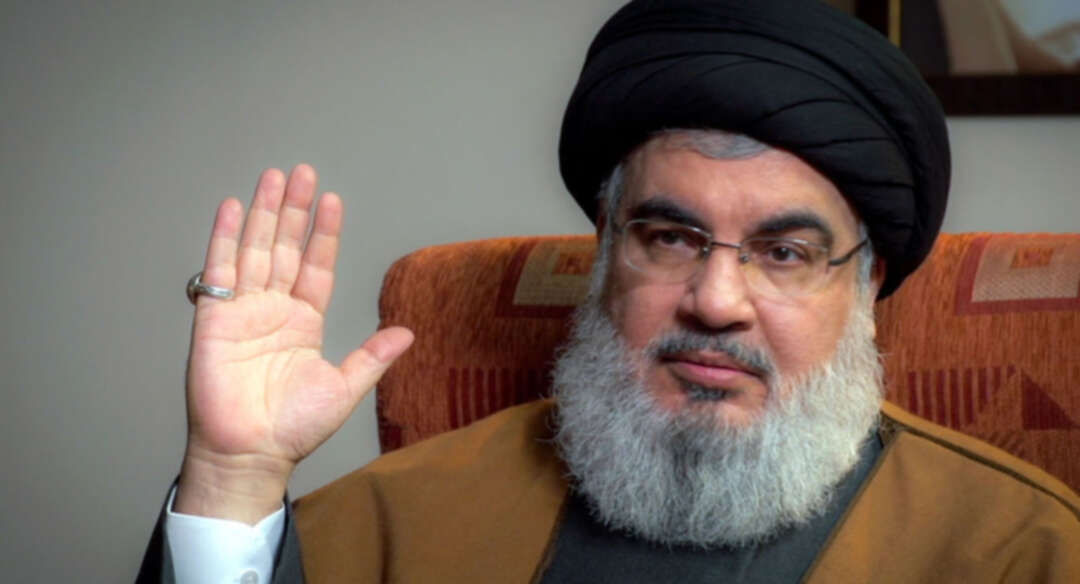-
Belated Confession: Olmert Confirms Israel's Involvement in Mughniyeh's Elimination
-
The timing of Olmert's confession about Mughniyeh's assassination seems to come in the context of escalating regional tension, which could lead to serious repercussions on relations between Israel and
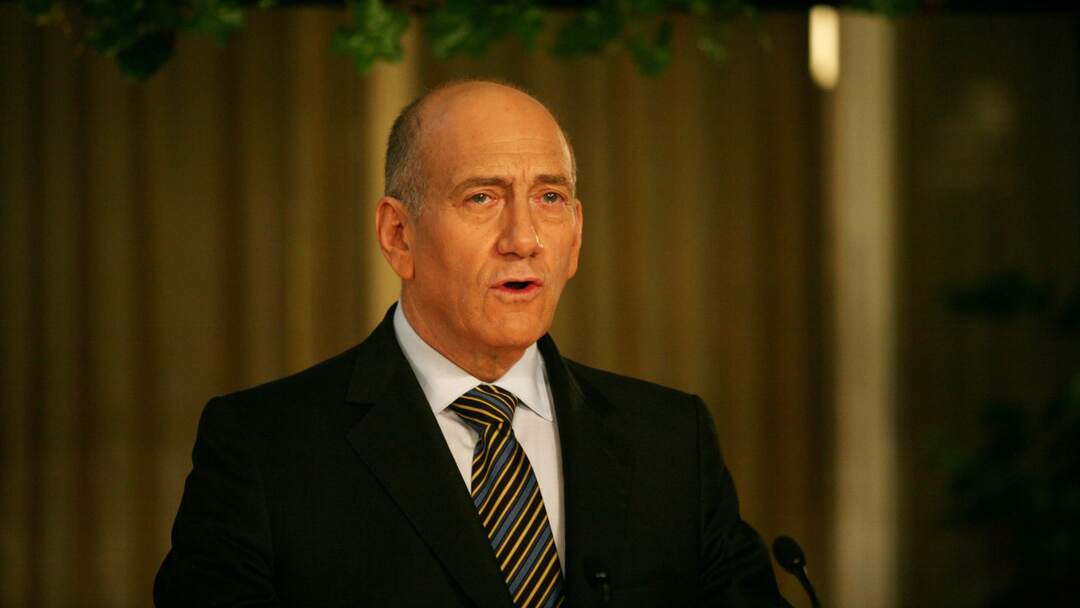
In a dramatic development following the assassination of Hezbollah Secretary-General Hassan Nasrallah, former Israeli Prime Minister Ehud Olmert made controversial statements, admitting Israel's responsibility for the assassination of Hezbollah's prominent military commander, Imad Mughniyeh, who was killed in 2008.
The timing of the confession, coming just days after Nasrallah's assassination, appears to be a clear message to Hezbollah that Israel is capable of targeting its highest leadership, a statement that could lead to dangerous escalation in the region.
Israeli security experts pointed out that Olmert's confession reveals a change in Israeli policy towards disclosure of previous covert operations, and this may be part of a broader deterrence strategy or to achieve certain political goals.
This confession has elicited mixed reactions in diplomatic circles, with some viewing it as undermining diplomatic efforts to ease tensions in the region, at a time when the region needs de-escalation, not more provocation.
At the same time, Olmert's statements sparked an internal debate in Israel about the wisdom of revealing such sensitive information. Israeli analysts commented that while some might see this confession as a show of strength, it could jeopardize future Israeli operations and undermine its ability to operate covertly.
Amid these rapid developments, the question remains about the implications of this confession on the regional scene, and whether it will lead to further escalation or open the door to new diplomatic approaches to deal with rising tensions in the region.
Imad Mughniyeh was a prominent leader in the Lebanese Hezbollah and one of the most internationally wanted figures. Imad Fayez Mughniyeh was born on December 7, 1962, in the village of Tayr Dibba in southern Lebanon. He joined Hezbollah in the early 1980s and quickly emerged as one of its most important military leaders, holding several positions in the party, most notably head of the external operations unit and head of the security and intelligence apparatus.
The United States and Israel accused him of involvement in several operations, including the hijacking of TWA Flight 847 in 1985, the bombing of the U.S. Embassy in Beirut in 1983, and the bombing of the U.S. Marine barracks in Beirut in 1983. He was wanted by several Western countries and his name was on the FBI's most wanted terrorists list.
Mughniyeh was assassinated on February 12, 2008, in Damascus, Syria, in a car bombing operation. Hezbollah subsequently accused Israel of being behind the operation, which Israel denied for years before Olmert's recent confession.
Levant-Follow up
You May Also Like
Popular Posts
Caricature
Revolution against Iran a...
- September 20, 2024
Revolution against Iran and the face of the mullahs continues

opinion
Report
ads
Newsletter
Subscribe to our mailing list to get the new updates!

